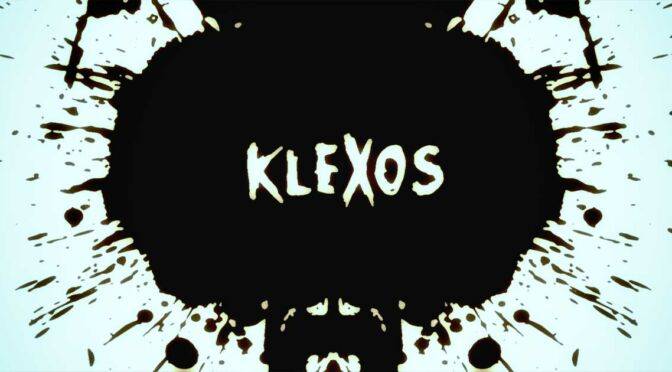Hope is not just some buzzword embroidered into throw pillows on Etsy. It’s neurologically vital.
Embracing hope is probably the most important thing we can do to maintain a healthy brain and lifestyle.
When we cultivate hope (faith combined with optimism), we stimulate the decision-making and problem-solving abilities governed by the frontal lobes.
Hope boosts our immune system, energizes us to take action, and deactivates the worry centers in the worry centers in our limbic system and right prefrontal cortex. It helps us overcome paralysis caused by anxiety. Without hope, we slip into depression and our brain begins to shut down.
When you maintain a positive view about the future, you also stimulate the anterior cingulate, one of the most important structures for controlling your moods and improving social awareness, compassion, and self-love.

Neuro-Exercise
Why not commit to exercising your “hope” neurons by spending one minute, each hour, believing that you can overcome the obstacles that lie in your way of achieving your daily goal?
Try visualizing what that might look like.
Then write down several action-strategies that you know will help you resolve immediate problems, conflicts, and fears.

Dive Deeper
Sharot T1, Riccardi AM, Raio CM, Phelps EA. Nature. 2007 Nov 1;450(7166):102-5.
2-3X Your
Learning Speed

Klexos: The Art of Dwelling on the Past
“Your life is written in indelible ink. There’s no going back to erase the past, tweak your mistakes, or fill

“Emergence” is Like Art and Science Having Sex
e·mer·gence /əˈmərjəns/ noun 1. the process of coming into view or becoming exposed after being concealed. 2. the process of

18 Science-backed Ways to Hack Jealous Communication
Thanks to evolution, mammalian brains are jealous af. Anytime anyone infringes on our “territory” (land, family, lover, money, etc.), human

How Shortening Your Meditation Can = Bigger Results
It’s a well-known fact that meditating and being mindful are excellent for your brain. It makes you smarter, healthier and


Hey there – this is super inspiring – can you tell me where I can find citations for this middle paragraph: "Hope stimulates the decision-making and problem-solving abilities governed by the frontal lobes. It stimulates the immune system, it motivates us to take action, and it turns off the worry centers in our limbic system and right prefrontal cortex. Without hope, we slip into depression and the brain begins to shut down"